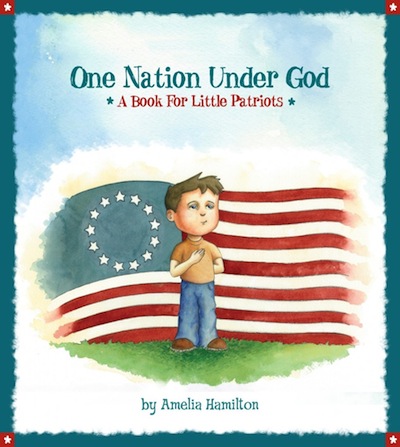The first time it happened I rolled my eyes. The second time I felt mildly irritated. And the third? Well, I was just plain pissed off.
In a six-month period, while reading novels for my book club, I encountered three instances of an author making some cozy reference to Karl Marx – Marx at the graveyard, Marx on the bookshelf, and fond memories of reading Marx on a carefree summer day.
If one of the characters had been a rabid history professor on a rant, or perhaps a teenage ideologue on a mission to destroy capitalism, then references to Karl Marx would have fleshed out the character and enhanced the story. But no such characters appeared in the three vastly different novels. The Marx references were superfluous. Those brief allusions, dangling mid-paragraph like a turkey’s wattle, seemed more like words meant to appease someone, perhaps to reassure the publisher that the author embraced the correct thoughts.
The prevalence of (what I think is misleadingly called) a progressive ideology within the publishing industry is no secret, but I was not fully aware of the scope and the depth of it until I slipped past a checkpoint and entered the exclusive community.
When a small publisher picked up my mystery novel in 2008, political harmony seemed irrelevant. Shortly after signing the contract, I attended a writers conference in New York and there my naive assumptions met their demise. At a cocktail party, an author made a scathing remark about a conservative politician and everyone clapped and cheered. I didn’t clap, and as I looked around I realized that I was the only one.
Needless to say, I yearned to return to my rugged-Wild-West, once-libertarian-leaning state of Colorado. I joined a female author’s group and presumed we would discuss books. Much to my surprise everyone arrived wearing Obama t-shirts and buttons, and the first words spoken were, “How about them crazy Republicans?”
In the groupthink discussion that followed no one debated, hoping to convert the unfaithful. They just carried on with the arrogant assumption that there was no possibility anyone present might disagree. Stunned into silence, I made no effort to dispel their misconceptions. In all honesty, I was a coward.
That day was a turning point in my writing career. Right then I knew that I would atone for my cowardice by writing about individualism and the American Dream. I would drive a stake through the heart of socialism and, via some unforeseen miracle, my words would make their way into print. If I had experienced a moment of sanity, I would have recognized the futility of the exercise. Deep down I knew that including a line about government thugs “executing people Che Guevara style” pretty much guaranteed a rejection letter, but for some reason that knowledge did not deter endless rounds of editing and late nights pouring over history books.
And then the miracle arrived.
Over a year ago, self-publishing was the mark of shame. As ebooks and POD technology made the journey to self-publishing easier, the stigma became more pronounced; its opponents declaring that only desperate, untalented authors would chose to wear the scarlet SP. But as authors discovered the power of self-publishing, the idea gained credibility on an exponential scale – from pathetic and unprofessional to savvy and practical in a matter of months. Thus self-publishing joins the ranks of the once-dreaded ebook, a force to be reckoned with. Try as it may, the traditional publishing industry cannot hold back the tide of progress. Ironic.
I approached the possibility of self-publishing with much hesitation, imagining I would find an enclave of amateurs determined to flood the world with weak novels and sloppy manuscripts. What I found instead was a community of individuals committed to creating quality writing and professionally formatted books. The peer pressure within the community tames the occasional impatient author, reducing the number of books destined for the trash heap.
Self-publishing is no cakewalk. In addition to mastering the craft of writing and editing, a self-published author must learn ebook formatting and the art of producing a print-ready PDF. Many hire professional editors and cover designers. Nothing happens overnight.
During one of my particularly frustrating evenings ironing out an HTML document, I thought about Gutenberg. Then I imagined Martin Luther and his opponents exchanging saucy polemics, printed in bulk and eagerly devoured by the public. The printing press was the first champion of freedom of information. It is a shame that over the years it has been confiscated and locked away, guarded by those who are obsessed with controlling what people are allowed to read.
Nevertheless, potential authors, be reassured. If you wish to write a critical review of current policies, keep writing. Novelists, if your main character is locked in the Hohenschönhausen, have no fear. You can free him. The Berlin Wall that once existed between the world of publishing and the author is crumbling. Its gatekeepers are confused and wandering aimlessly.
With a huge commitment and a little courage, you can topple that Wall.

COMMENTS
Please let us know if you're having issues with commenting.